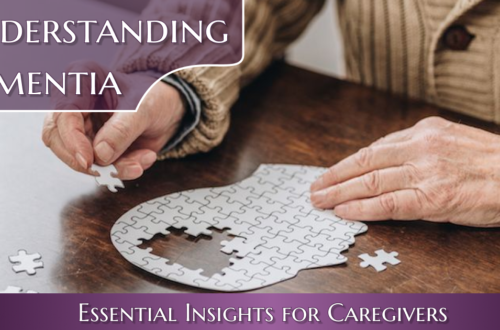What to Expect at Your First Doctor Visit for Memory Concerns

Visiting the doctor can be daunting, especially when dealing with memory issues or fears about a potential diagnosis. Preparation can help alleviate stress and anxiety. Here's a guide to help you understand what to expect during your first doctor visit for memory concerns.
Prepare Ahead of Time
To make the most of your appointment, gather the following information beforehand:
- Medication List: Include all medications, their strengths, and dosages.
-Supplements and Herbs: List any supplements or natural herbs you’re taking.
-Surgical History: Document all past surgeries.
-Family Medical History: Note any family history of Alzheimer’s or other dementias.
-Symptom Details: Record the type, onset, frequency, and progression of your symptoms.
-Weight Changes: Include any significant weight loss or gain.
WHAT TESTS WILL BE LIKELY REQUESTED?
With your information ready, the doctor will review it to understand your condition fully. Expect questions about your diet, exercise, sleep patterns, weight fluctuations, and any signs of depression.
Physical Exam
During the physical exam, the doctor will check your:
- Weight
- Temperature
- Blood pressure
- Pulse
- Oxygen saturation
Blood and urine samples might be collected to exclude conditions like anemia, infections, vitamin deficiencies, thyroid issues, and more—conditions that can mimic dementia symptoms.
Cognitive Evaluation
The cognitive evaluation may include:
- Questions about personal information (e.g., address, current president)
- Tasks like drawing a clock or spelling words backwards
- Memory tests and following instructions
These assessments help gauge your cognitive function.
Neurological Examination
The neurological exam will test:
Muscle tone and any weakness
- Reflexes
- Speech
- Coordination
- Sensation
- Visual tracking
As part of the neurological examination, your doctor may order a Computed Tomography or CT. Your doctor may request a Magnetic Resonance Imaging or MRI instead. These tests map the brain and can show many things such as past strokes, whether mild or severe, plaque and tangles commonly associated with Alzheimer’s, tumors, any fluid build-up on the brain, damage from a severe head injury, and brain shrinkage.
Conclusion
Once all tests are complete, the doctor will have you come back to hear all the results. I recommend having a trusted person attend with you. Note-taking is also advised as there may be a lot of information, suggested dietary or lifestyle changes, follow-up information, and more that you will want to remember.
Having answers allows proper planning.
I hope this has been useful to you! Feel free to e-mail me if you have topics that need addressing. Deb@ThePurpleVine.com



